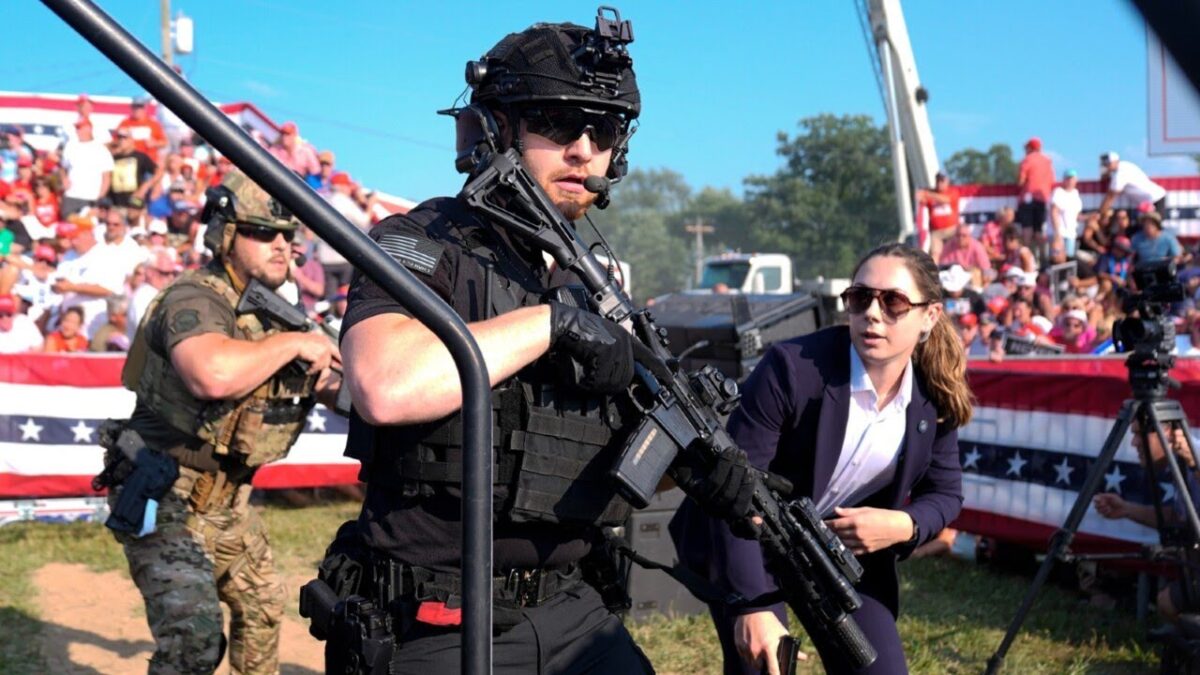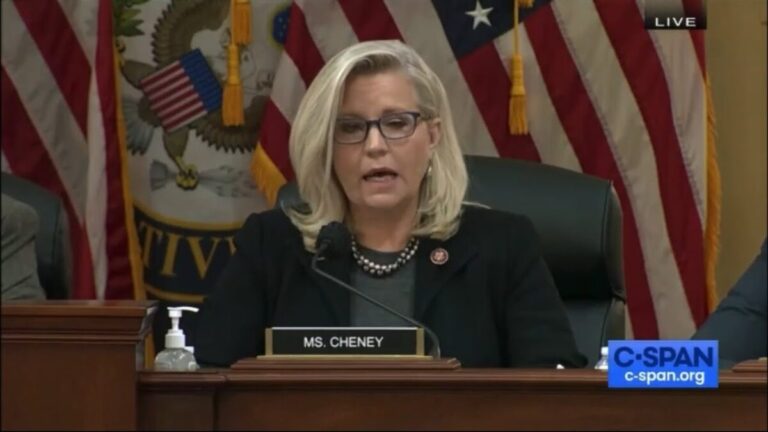In a startling turn of events, whistleblowers have unveiled significant shortcomings in the Secret Service’s preparedness during an assassination attempt on President Trump. These revelations, spearheaded by U.S. Senator Josh Hawley, have raised serious questions about the competence and training of the agents tasked with safeguarding the former president on that fateful day.
Unprepared Secret Service
According to the whistleblower’s account, the agents deployed for Trump’s protection were primarily Department of Homeland Security employees with minimal training in high-stakes security operations. Instead of seasoned Secret Service veterans, Trump’s security detail consisted largely of personnel who had only completed a brief online webinar, which reportedly suffered from technical issues. The lack of adequate training and preparedness has sparked outrage, as these agents were inadequately equipped to handle the logistics of presidential protection and counterterrorism.
Political Reactions
The political response to these findings has been swift and intense. Senator Hawley, a leading Republican voice in the investigation, has criticized both the FBI and Secret Service for their lack of transparency. He emphasized that the whistleblower’s courage was essential in bringing these lapses to light. Meanwhile, Congressman Clay Higgins commended local law enforcement, particularly the SWAT team from Butler, Pennsylvania, for their role in averting further disaster by neutralizing the gunman before federal agents could act.
Implications for Future Security
These revelations have profound implications for the future of Secret Service operations. Acting Secret Service Director Robert Rowe has faced intense scrutiny, admitting to Congress that the agency is struggling with outdated technology and resource constraints. The lack of inter-agency communication and inadequate preparation highlights the urgent need for reform. As the nation approaches another election cycle, the pressure is mounting on federal agencies to enhance their coordination and technological capabilities to ensure the safety of political figures.
Moving Forward
As investigations continue, the spotlight remains on how the Secret Service and associated federal agencies will address these critical failures. The need for comprehensive training, better resource allocation, and improved inter-agency collaboration has never been more apparent. The lessons learned from this incident could drive essential reforms, ensuring that those responsible for protecting national leaders are fully prepared to meet the challenges of a complex and evolving threat landscape.




He’s a bum.